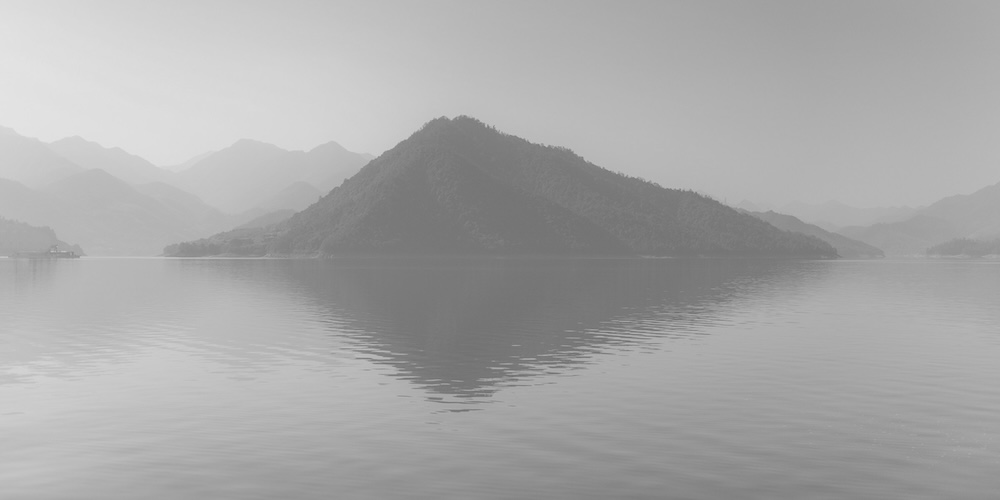We like to believe we are rational now. We believe we are more evolved, more informed and because of this, less dependent on faith than the generations before us. But faith hasn’t disappeared from our lives, it has only changed shape. We no longer kneel in temples as often. Instead, we open screens.
We place our trust not in gods, but in systems. In the unseen, the incomprehensible, the always-watching algorithm.
We don’t really understand how any of this works. How a silent pattern in the background learns our preferences, studies our habits or anticipates our desires. Yet, we surrender to it without hesitation.
We let it guide our choices. We let it tell us what to watch, who to follow, what to believe, who to become.
This isn’t logic. This is faith with new architecture.
Once, we waited for signs from the divine. Now, we wait for updates and notifications.
Once, we believed the priest interpreted the will of gods. Now, we believe the interface interprets the world for us.
The rituals have changed, but the longing behind them has not.
The algorithm is invisible, but persuasive. Unseen, but believed. It does not command. It whispers. And whispers, carried long enough, become truth.
But all of this makes me wonder: what would someone untouched by technology see in us?
Imagine a person from 1525 arriving here. Someone who has lived in a world of slow time, natural rhythms, real silence, unfiltered experience. A life where night is truly night, where thoughts arrive without interruption, where meaning is not constantly replaced by novelty.
He would not understand our machines, but he would understand our hunger.
He would see our restlessness, the compulsive scrolling, the hurried living, the loss of quiet, and he would recognize it as a spiritual crisis. Not a technological one.
He would look at us the way we look at someone praying to a god we do not believe in.
But the irony is, he would see that we are the ones praying. We just pray differently. We pray with our attention. We kneel with our posture. We confess through the data we give away.
We ask the algorithm to tell us what matters. We ask it to tell us who we are.
The man from 1525 would not try to teach us science. He would remind us of something we have forgotten, the experience of being unmediated. The self before the feed. The mind before the mirror of the screen. The soul before performance.
He would not convert millions. But he would unsettle a few. And that is enough.
Because belief does not shift by force. It shifts by remembering. The age of algorithms did not remove faith. It merely rewired it.
So the real question is not whether we believe. It is: Do we still choose what we believe? Or do we allow the machine to choose for us?
